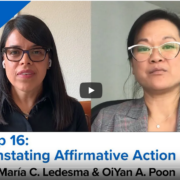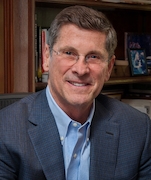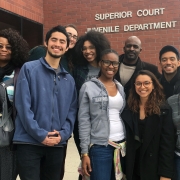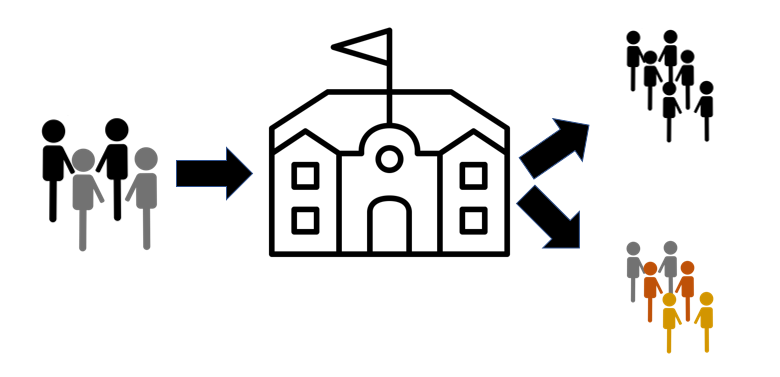
Diagram by Berto Solis; Art files courtesy of the Noun Project and the following designers: arejoenah and Elena Rimelkaite.
By Berto Solis, UCLA Master of Social Science, 2018
First-generation, or “first-gen,” students are the first in their families to go to college. When a first-gen student graduates from college and gets into a graduate program it’s a cause for celebration, but the story doesn’t end there.
Using focus groups conducted with first-gen students in grad school, I gained insight into the challenges these students face on their way to academic success—insights we can use to make sure that these high-potential students thrive.
I reached 4 main findings:
- First-gen students don’t always know how graduate school works. What’s worse, people in the university often make assumptions about what these students know: for example, about how to get financial support, find academic support, or fit into their programs socially and culturally. This often places first-gen students in an awkward position: they must admit that they don’t know these things and face the shame that comes with that admission, or hide their ignorance and constantly feel like they’re lost.
- First-gen students often feel like they’re stuck between worlds: the culture that they come from and the culture of academia, which is new to them. Since they often don’t feel like they fully belong to either world, graduate school can be a lonely experience for them.
- It turns out that their length of time in graduate school influences how first-gen students feel about the experience. Contrary to my initial expectations, the longer first-gen students are in graduate school, the more they may feel like they don’t belong, in contrast to other students whom first-gen students feel “always knew they’d be there.”
- To address these issues, first-gen students build community and support systems among themselves and institutions are often eager to help. Despite their good intentions, institutions are often not equipped to address first-gen graduate student challenges, since there is little research into these issues.
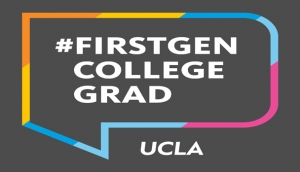
It is my hope that research like this will help close that knowledge gap. This research is also important to me because I’m a first-generation student myself and I experienced much of this firsthand.
I recently completed my own graduate school journey along with thousands of other Bruins. However, the findings in this project raise the possibility that education alone isn’t the great social equalizer it’s so often framed to be. Sure, it’s a start. But there are many hazards along the way that we still need to address and I feel fortunate to have learned the tools of social science research in the MaSS program to understand, address, and contribute to this massive undertaking. After all, the best social science is the kind that brings people together.
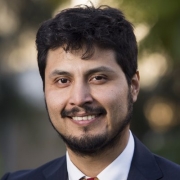 Berto Solis became obsessed with higher education the moment he left for UC Santa Barbara in 2003. Though he’s changed institutions a few times, he has worked in college campuses for nearly 15 years. You can contact him at berto.solis@ucla.edu or through his website bertosolis.com.
Berto Solis became obsessed with higher education the moment he left for UC Santa Barbara in 2003. Though he’s changed institutions a few times, he has worked in college campuses for nearly 15 years. You can contact him at berto.solis@ucla.edu or through his website bertosolis.com.
For more information about UC and UCLA efforts to provide support for first-generation undergraduate students, click HERE.

